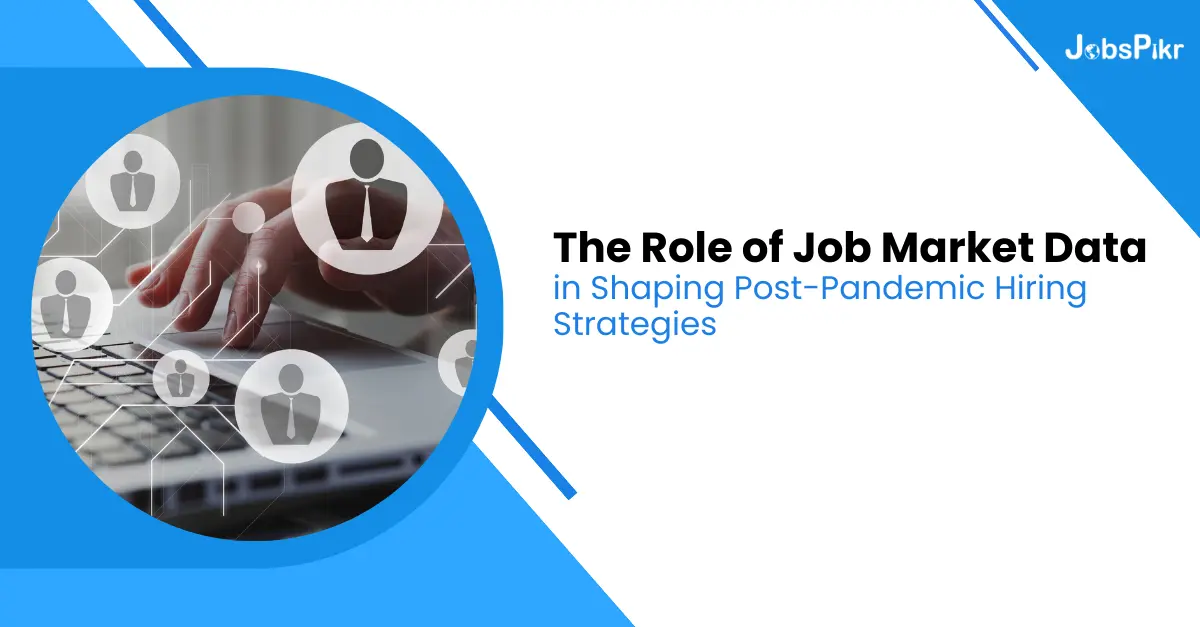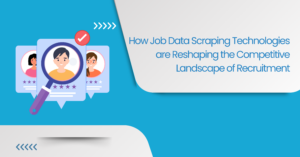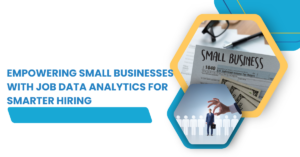The job market is rapidly changing due to COVID-19. Businesses require innovative skills as they adopt new operational models. Employers seek professionals proficient in remote work, digital collaboration, and e-commerce. With trends like automation and telecommuting growing, adaptable and tech-savvy workers are highly sought after. Job market data guides hiring strategies to meet shifting economic demands and workforce needs.
Critical Job Market Data Trends Post-Pandemic
In the wake of the pandemic, job market data has revealed several important trends:
- There’s been a significant shift towards remote and flexible work options. Employers are now more open to hiring remote workers, which has led to a more geographically diverse workforce.
- Data suggests a rise in the gig economy, as more professionals seek short-term or freelance opportunities instead of traditional full-time roles.
- Industries such as e-commerce, healthcare, and technology have seen a surge in hiring, reflecting increased demand in these sectors.
- Skills in digital literacy, online communication, and cyber-security have become more valuable, with many companies focusing on these competencies when hiring.
- There is an increasing emphasis on soft skills like adaptability, communication, and problem-solving, alongside technical skills and experience.
The Role of Remote Work in Shaping Hiring Strategies
The surge in remote work has profoundly influenced hiring strategies across various industries. Employers now prioritize:
- Digital proficiency: Seeking candidates skilled in virtual collaboration tools.
- Self-management capabilities: Focusing on applicants who demonstrate strong self-discipline and time-management skills.
- Geographic flexibility: Expanding talent pools to include applicants regardless of physical location.
- Cultural adaptability: Valuing professionals who can thrive in a remote or hybrid work culture.
- Remote onboarding processes: Implementing robust digital onboarding practices to welcome and train new hires.
These considerations are pivotal in developing hiring strategies that align with the evolving remote work landscape.
Skills in Demand: Adapting to the Evolving Job Landscape
As the job landscape evolves post-pandemic, certain skills are soaring in demand. Companies seek professionals who embody not just technical expertise but also the adaptability to navigate a remote or hybrid work environment. The list of sought-after skills includes:
- Digital Competency: Proficiency in digital tools and platforms.
- Cybersecurity Awareness: Skills to protect data and systems.
- Data Analysis: Ability to interpret and leverage big data.
- Soft Skills: Communication, teamwork, and problem-solving.
- Healthcare Expertise: Particularly in telemedicine and health informatics.
- Sustainability Knowledge: Skills to implement eco-friendly practices.
- E-commerce Proficiency: Understanding online sales and marketing strategies.
Organizations are prioritizing these competencies, reshaping their recruitment tactics to align with the contemporary business ecosystem.
Leveraging Technology for Recruitment and Onboarding
In the post-pandemic world, companies are increasingly utilizing technology to streamline the recruitment and onboarding process. Job market data plays a pivotal role in reshaping these strategies. Advanced technological tools such as:
Image Source: https://fastercapital.com
- Applicant Tracking Systems (ATS)
- AI-driven candidate assessment tools
- Virtual reality onboarding experiences
- Digital onboarding platforms
are now integral to finding and welcoming new hires. ATS helps in sifting through resumes efficiently, harnessing job market data to match candidates with job profiles accurately. AI-driven tools predict candidate success and cultural fit. Virtual reality aids in immersive onboarding experiences, while digital platforms ensure all paperwork and training are completed remotely, reducing time-to-productivity.
Building a Resilient Workforce Through Strategic Hiring
To craft a resilient workforce, employers should integrate job market data into strategic hiring. Fresh insights into industry trends, skill requirements, and role-specific benchmarks enable the identification of candidates who not only fit current needs but also possess the adaptability to navigate future challenges. This approach involves:
- Prioritizing soft skills such as problem-solving, critical thinking, and emotional intelligence that underpin resilience.
- Seeking candidates with a track record of continual learning and adaptability to technological advancements.
- Utilizing data on labor market shifts to forecast requisite skills and proactively train hires.
- Diversifying the talent pool by integrating data on demographic trends to foster a dynamic and inclusive workforce.
- Establishing robust talent pipelines through partnerships with educational institutions aligned with emergent industry needs.
By centering strategic hiring around robust job market data, organizations can build workforces equipped to withstand the test of time and disruption.
Conclusion: Future-Proofing Your Hiring Approach
To future-proof hiring strategies, employers must adapt to evolving market conditions informed by job market data. Action steps include:
- Embracing advanced data analytics for accurate forecasting and talent acquisition.
- Incorporating flexible work models to attract a broader candidate pool.
- Investing in reskilling and upskilling programs to address skill gaps.
- Fostering a workplace culture that values continuous learning and adaptability.
- Leveraging artificial intelligence for efficient applicant tracking and candidate assessment.
By integrating these elements, organizations can build resilient hiring frameworks that stand the test of time amidst post-pandemic shifts.




